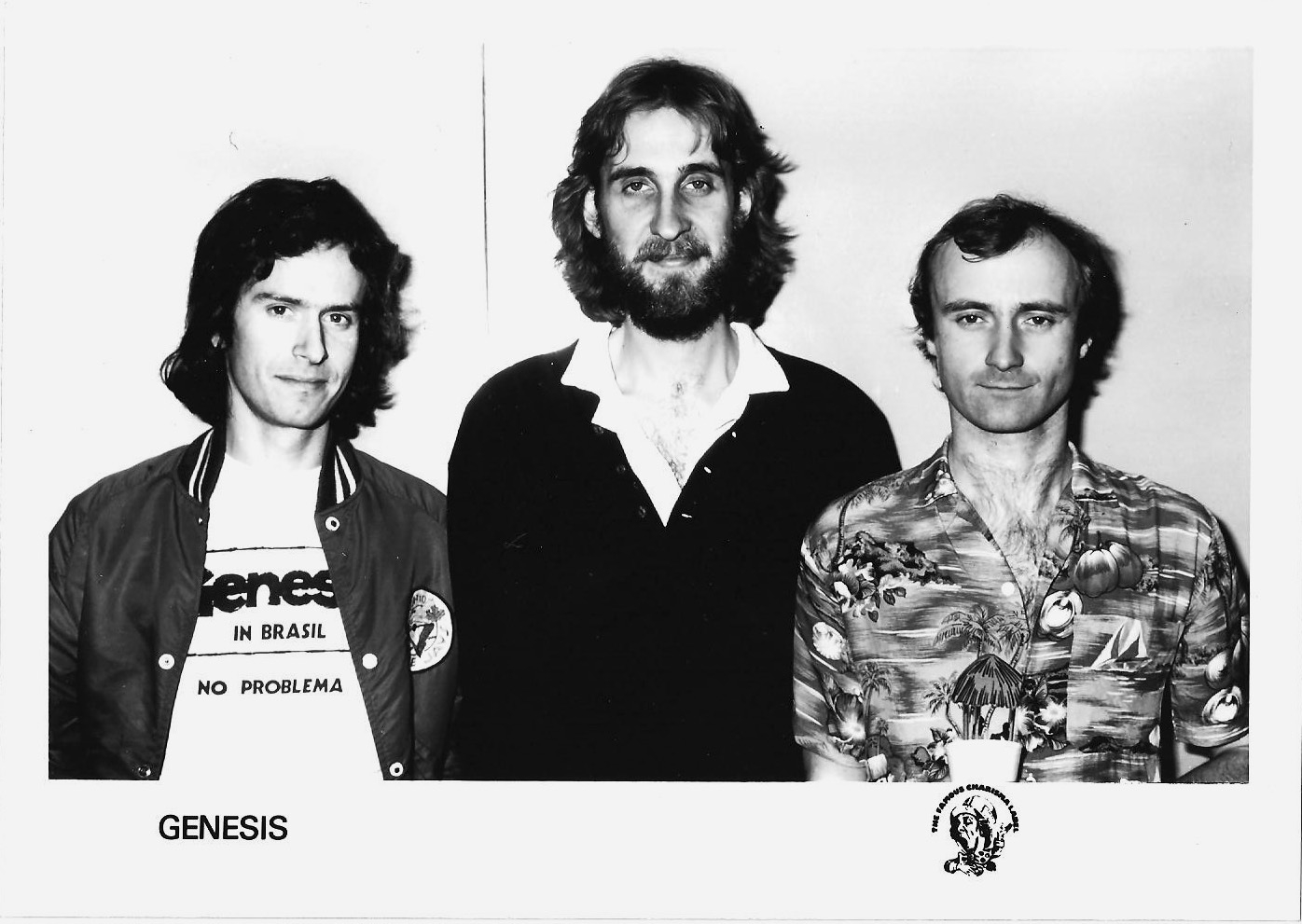
There were only three left. During the last tour Steve Hackett had decided to leave Genesis. He was frustrated, as he considered his share of output to be too small and his contributions to be underestimated. For Tony Banks, Phil Collins and Mike Rutherford, his decision was not as shocking as Peter Gabriel's departure two years earlier. They wanted to give the Prog battleship a new sound anyway, a more radio-ready paint job. So "...And Then There Were Three..." became the band's most pop album to date. When Phil Collins happened to meet his bandmate Steve Hackett in London's Ladbroke Grove on October 8, 1977, and spoke with him briefly, he had no idea what he was going to hear hours later. "In the evening Mike told me that Steve wasn't coming, he was out," Collins said in a band documentary on the music channel VH-1. Nobody had expected that. After all, the group was about to put the finishing touches to the live album "Seconds Out", which was released just two weeks later. Surprisingly, the lead guitarist did not leave the band. For quite some time - more precisely since Peter Gabriel's departure two years earlier - Hackett had flirted with leaving Genesis as well and advancing his solo career, which he had started with the album "The Voyage Of The Acolyte" in the same year parallel to the band's activities.
The main reason for Hackett's frustration was that his ideas and input had not been sufficiently considered and appreciated for a long time. "I knew it before, yes," he revealed in an interview with eclipsed in 2016. "After 'Lamb' everything had changed. I could no longer rely on Peter's support. I knew I had to do something of my own." The 27-year-old was already working on solo material at the same time. At first involuntarily, because many of his inputs and compositions were rejected by the others ("Please Don't Touch"), not appreciated or pushed to B-sides or EPs ("Inside And Out"). Other of his contributions like "Blood On The Rooftops" from the album "Wind & Wuthering" never made it on the live setlist. "In many ways, it was a claustrophobic experience for me. It became more and more difficult to make the guitar more important", said Hackett in the television documentary "Sum Of The Parts", which was authorized by all members. According to Hackett, Gabriel's exit had thrown the band's structure a little out of balance and had clearly shifted to his disadvantage. Beside Banks, Rutherford and gradually Phil Collins came to the fore with their ideas, which were aimed at a not yet pop, but still more accessible kind of music, be it shorter pieces or simpler lyrics.


